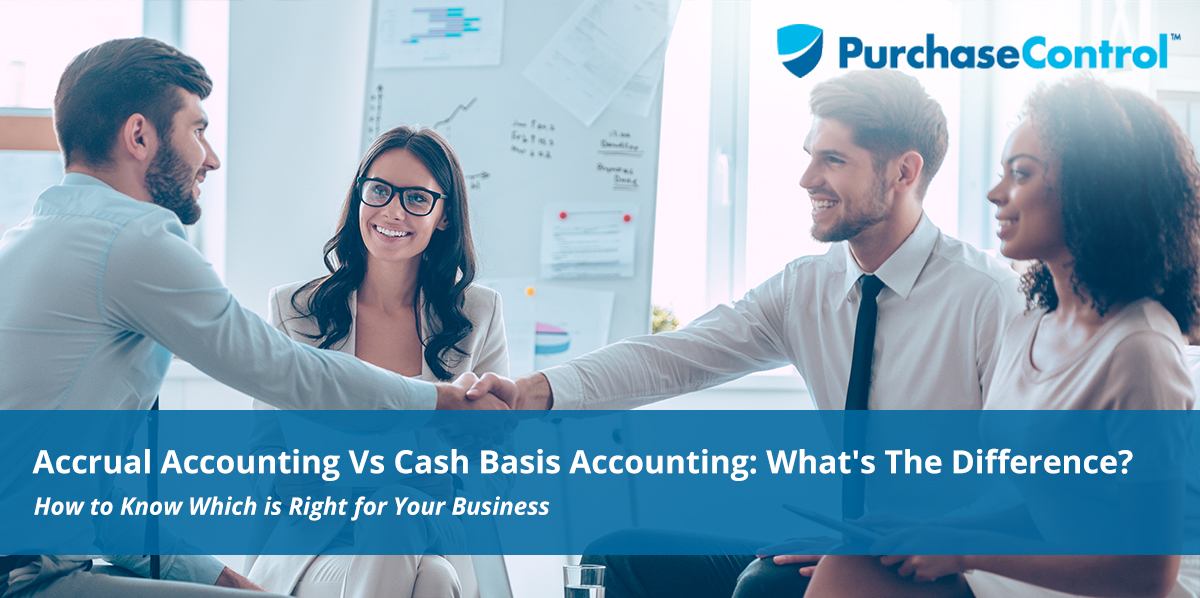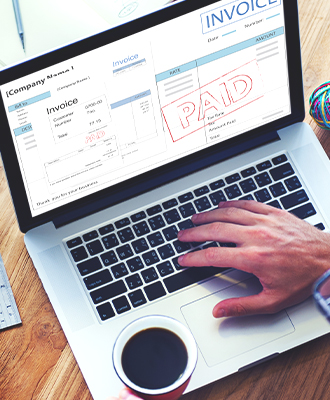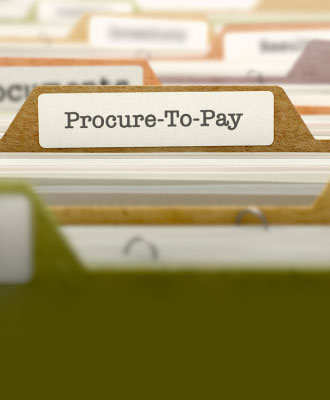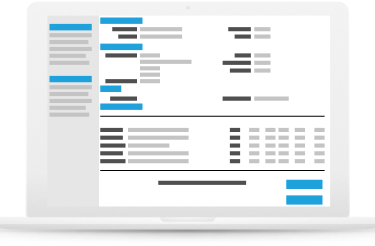Accrual Accounting Vs Cash Basis Accounting: What’s The Difference?
The difference between accrual basis and cash accounting is the timing of when you record sales and purchases in your accounts. With accrual accounting, you recognize revenue when it is earned, and expenses when they are billed but not paid. Cash accounting, on the other hand, recognizes revenue and expenses only when money changes hands.
Accrual Accounting
With accrual basis, revenues and expenses are recorded when they are earned, regardless of when the money is actually paid or received. For instance, you record revenue at the completion of a project, instead of when you get paid. This approach is more commonly used than a cash basis.
The benefit is that this approach provides a better picture of the income and expenses within a certain period of time, which gives you a better long-term picture of the business. You can’t get that kind of data from cash basis accounting.
The drawback of this approach is that there is not any clear insight into cash flow awareness. At first glance, an organization can appear profitable despite the fact that their bank account is empty. If you’re not keeping a close eye on cash flow while using accrual accounting, it could devastate the business.
This approach requires more intensive bookkeeping but it provides you with a more realistic picture of your income and expenses during a specific time period. This allows you to better understand customer spending habits and allow you to plan for peak months of operation.
Cash Basis Accounting
With cash basis accounting, the organization recognizes revenue when they receive the cash, and expenses when they are paid. Using this approach is simple because it does not recognize accounts receivable or accounts payable.
It is easy to determine when a transaction has occurred. It’s beneficial because it makes it easy to determine how much cash your business has at any given time. All you have to do is look at your bank balance. From there, you’ll be able to understand your available resources.
Because transactions aren’t recorded until the cash is paid or received, the business income isn’t taxed until it hits the bank.
The cash accounting method does not account for all the incoming revenue or outgoing expenses so the cash accounting method can leave you to believe you have a very high cash flow month when in reality, this is a result of your previous month’s work.
Because the method is so simple you do not have to have your bookkeeper or accountant keep track of the actual dates corresponding to specific purchases or sales. Because there are no records of accounts receivable or accounts payable, this can create difficulties when your company does not receive immediate payment or has any kind of outstanding bills. There’s no need to maintain a balance sheet
The cash basis accounting method does not conform to the Generally Accepted Accounting Principles or GAAP which are the standard framework of rules and guidelines that accountants must follow when preparing a business’s financial statements in the USA.
According to these guidelines, all companies with sales over $25 million must use the accrual method when bookkeeping in reporting their financial performance. That means if you want to grow your business to more than $25 million in sales, you need to update your accounting practices. If you think your business may exceed this threshold in the near future you may want to consider opting for the accrual accounting method when you’re setting up your accounting system.
“As long as you’re not a C-Corporation that averages more than $25 million in gross receipts every year, you can choose between the accrual and cash basis accounting methods. If you are a C-Corp with that level of receipts, the IRS requires you to use the accrual method.”
What “Recording Transactions” Means
All businesses must record their financial transactions in their ledger – otherwise known as booking keeping. You’ll have to do this if you want to be able to claim tax deductions at the end of the year. And you’ll need a central location to add up all the income and expenses so you have easy access to the information when you file your taxes.
The difference between the two accounting methods comes down to when income and expenses are recorded in the ledger.
There are plenty of DIY accounting software options available on the market today, but if you’re not comfortable doing it yourself, you can hire someone to do it for you.
Effects of Accrual vs. Cash Basis Accounting
It’s important to understand the difference between cash and accrual accounting. But it’s also necessary to put this into context by looking at how it directly affects your business.
Imagine your business performs the following transactions in a month:
- You sent out an invoice for $5,000 for a web design project you completed this month.
- You received a bill for $1,000 and developer fees for work that you outsourced this month.
- You paid $75 in fees for a bill that you received last month.
- You received $1,000 from a client for a project that was invoiced last month
Cash Flow
With the cash basis method, the profit for this month would be $925. You received $1,000 in income minus the $75 you paid in fees.
With the accrual method, the profit for this month would be $4,000. You received $5,000 in income minus $1,000 in developer fees.
With this example, you see how the appearance of the income stream and cash flow can be affected by the accounting process that is used. This can be a problem because you don’t actually have that $5,000 in your bank account yet and you haven’t necessarily paid the $1,000 to the developer.
Taxes
Now, let’s assume that the example above took place between November and December of 2018. What are the main differences between cash and accrual accounting is that they affect which tax year income and expenses are recorded in.
With cash basis accounting, income is recorded when you receive it whereas, with the accrual basis of accounting, your income is recorded when you earn it.
Continuing with the above example, if you invoice a client for $5,000 in December of 2018, you record that transaction as part of your 2018 income and pay taxes on it even if you end up receiving the payment in January of 2019.
Generally speaking, the cash method usually works better for small businesses that don’t carry any kind of inventory. Small business owners often find themselves in charge of their own books and handling their own tax returns, so it is easier for them to use the cash method of accounting. However, if you are an inventory heavy business, your accountant will probably suggest that you go with the accrual method.
Remember that when you choose your method of accounting, if you first opt for cash vs. accrual accounting and you decide you want to change it, you can. All it takes is filing a form with the IRS.
PurchaseControl helps simplify your accounting with its AP automation.
Find Out How








